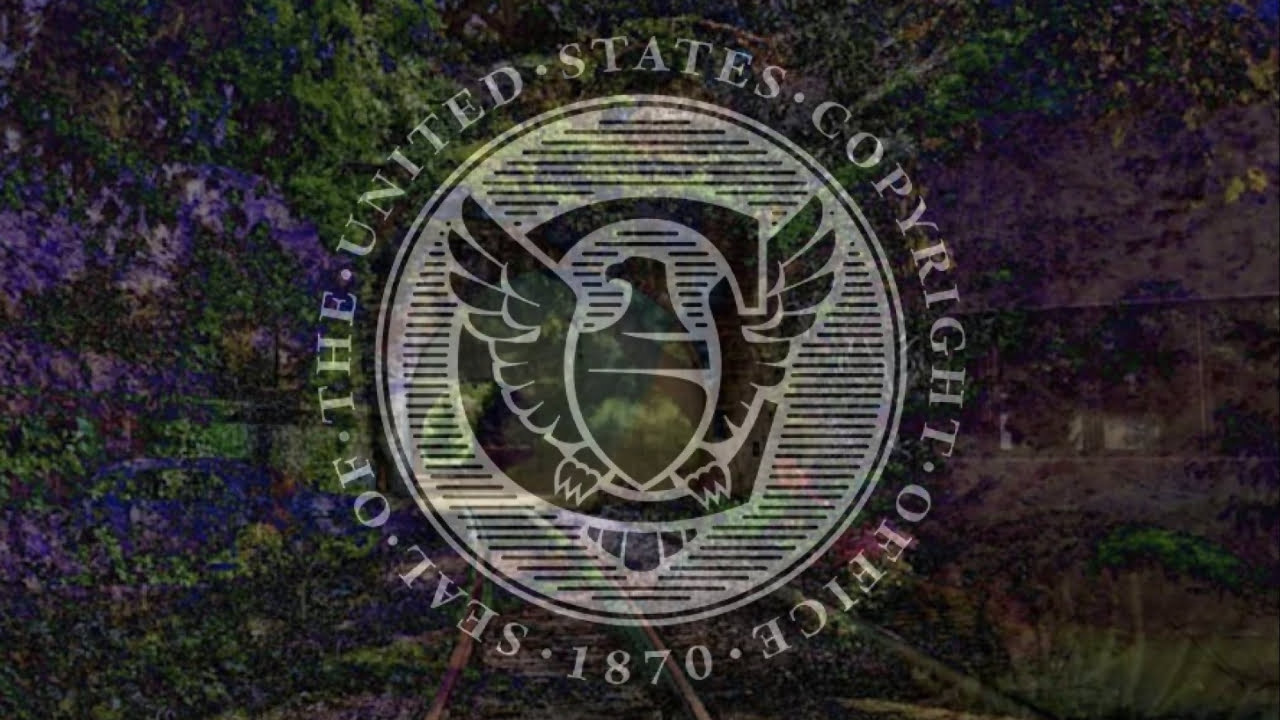The US Copyright Office has again denied an effort to copyright a work of art that was created by an AI system, Dr. Stephen Thaler attempted to copyright a piece of art titled “A Recent Entrance to Paradise”, They also claimed in a second request to reconsider the 2019 ruling that the USCO’s “human authorship” requirement was unconstitutional.
The agency did accept that the work was created by an AI, which the seller calls the creativity machine, and they also registered the work as a work for hire to the owner of the creativity machine.

However, the agency said that the current copyright law offers protections to the fruits of intellectual labor that “are found in the creative powers of the [human] mind. Which meant that and cooperated. Work should always be created by a human beings, and they won’t register. Works produced by machine or mechanical processes lacking any input from the author.
The author Thaler has put copyright and patent laws to the test in several countries. They attempted to have an AI called DABUS recognized as the inventor of two products in patent applications. The US Patent and Trademark Office, UK Intellectual Property Office, and European Patent Office rejected the applications because the credited inventor wasn’t human. However, a judge in Australia ruled last year that AI-created inventions can qualify for patent protection. South Africa granted Thaler a patent for one of the products last year and noted: “the invention was autonomously generated by an artificial intelligence.”



